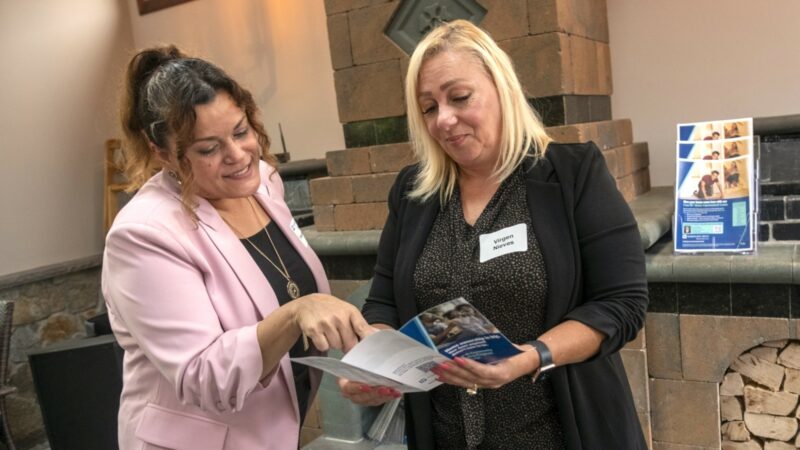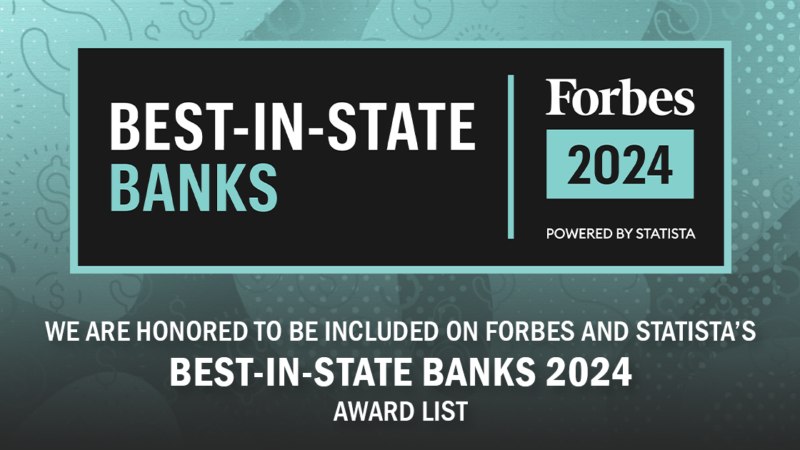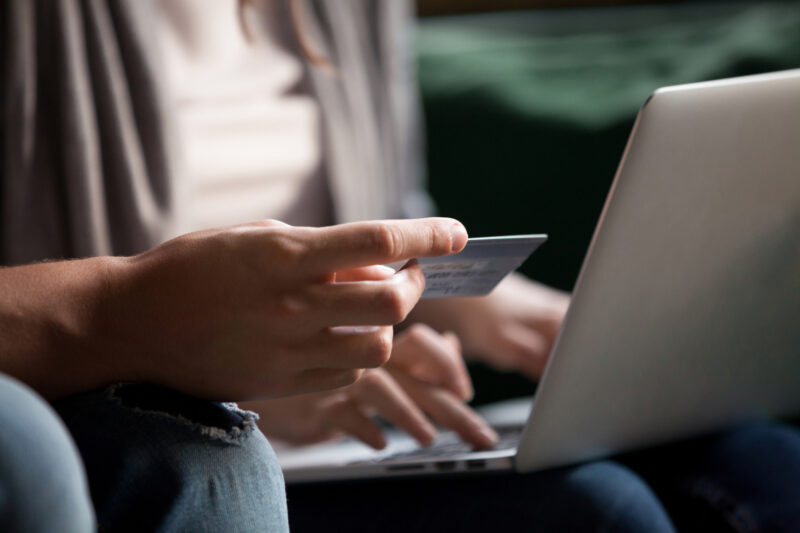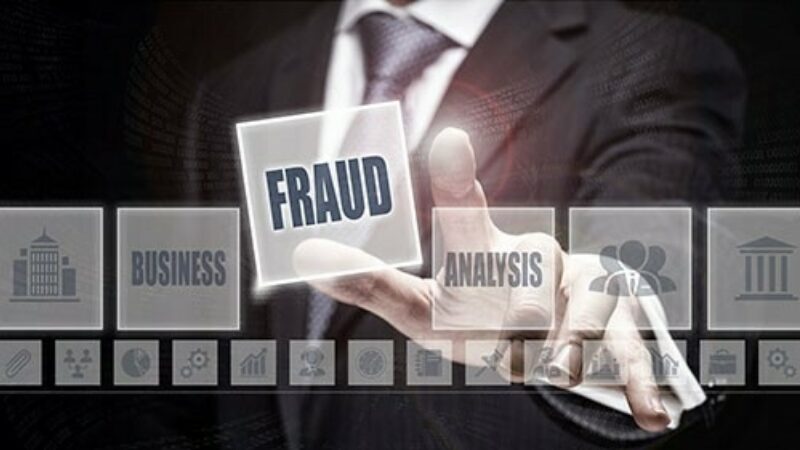Avoiding Scams: Sticking to the Basics Can Go a Long Way
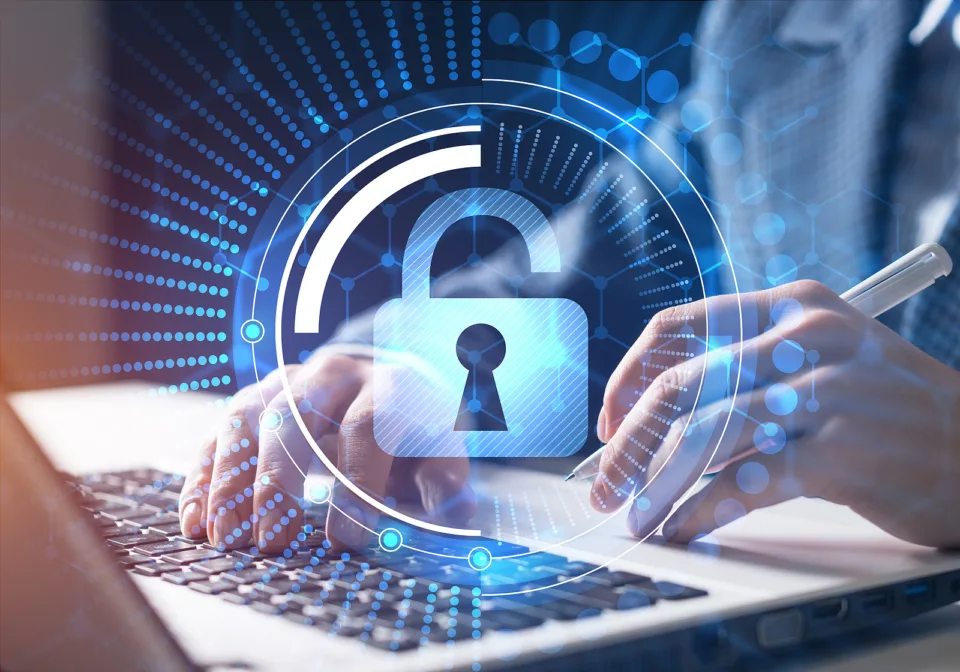
There is plenty of information available to consumers to help avoid being a fraud or theft victim. "But some people complain that there is too much to remember and that being vigilant can be a daunting task," said Millie Spencer, a financial crimes specialist with the FDIC. Here's a short list of simple ways to avoid many financial crimes.
Never provide passwords, credit or debit card information, Social Security numbers and similar personal information in response to an unsolicited text message, e-mail, call or letter. An identity thief can use this information to apply for credit cards or loans, access your bank accounts online or otherwise commit fraud using your name.
Crooks often send e-mails, text messages or phone messages that appear to be from a legitimate, trusted organization asking consumers to "verify" or "update" personal information. The scam is called phishing because the criminals throw out bait in hopes of luring a consumer into biting.
Criminals also create bogus web sites in hopes that consumers will enter valuable personal information. "We've seen everything from fake bank web sites to sites offering payday loans or credit repair services," added Michael Benardo, Manager of the FDIC's Cyber Fraud and Financial Crimes Section. "Some of these sites offer incredibly low prices or other enticing promotions."
And, as Spencer noted, "Always be suspicious of these types of requests because a legitimate organization would not solicit updates in an unsecured manner for information it already has."
Think twice before opening attachments or clicking on links in unsolicited e-mails and text messages. These messages may install "malware" (malicious software) on your computer or cellphone. "This software could allow crooks to spy on you and gain access to your online banking sites," explained Benardo.
To confirm a message's validity, contact the supposed sender. "But don't automatically assume the contact information listed in the e-mail is accurate," said Benardo. He recommended finding the telephone number, web site or e-mail address from an independent, reliable source.
Deal only with reputable merchants, service providers and charities. Friends and family may be able to provide recommendations. You can search for complaints against a business by contacting your state or local consumer affairs office and your local Better Business Bureau. There also are popular sites on the Internet for consumer ratings and reviews of businesses.
Fraud artists also claim to be from legitimate charitable organizations — especially after a major disaster — and ask for "donations." The Better Business Bureau's Wise Giving Alliance and other organizations can help you find legitimate charities with good reputations.
Be on guard against counterfeit checks, cashier's checks or money orders. These often are associated with scams that say you have won a lottery or other prize, are bogus work-from-home offers, or are attempts to steal something you are selling on the Internet.
They can also be associated with offers to purchase items you are selling online or through classified ads. Be especially leery if you get a check for more than the amount due and you're instructed to return the difference by depositing the check and wiring the excess amount to the other party's account or to an associate. If the check turns out to be counterfeit, you will be out the money regardless of whether you sent a check, wire or cash.
Be wary of unsolicited investment offers that sound too good to pass up or that require you to act fast. "Statements about low-risk investments with ‘guaranteed returns' that are unusually high are red flags," said Luke W. Reynolds, Acting Associate Director in the FDIC's Division of Depositor and Consumer Protection.
He also advised walking away from any offer that involves pressure to pay cash or provide personal information right away.
Protect your mail and other documents at home. Thieves know that credit card or bank statements and other documents contain valuable, confidential information. Try to use a secure mailbox for your incoming mail. Keep bank and credit card statements, tax returns, credit and debit cards and blank checks secure, even at home. Also shred sensitive documents before discarding them. Similarly, use an updated security program to protect your computer.
Look at your bank statements and credit card bills as soon as they arrive. Immediately report any discrepancy or anything suspicious, such as an unauthorized withdrawal or charge, to your financial institution.
Periodically review your credit reports and dispute any inaccurate information, which could indicate identity theft. You are entitled to a free copy from each of the nation's three major credit bureaus every 12 months.
To learn more about protecting yourself from common financial frauds, see back issues of FDIC Consumer News at www.fdic.gov/consumernews.
By accessing the noted link you will be leaving Washington Trust's website and entering a website hosted by another party. Washington Trust is not responsible for, nor do we control, endorse or guarantee the content of any external sites. Please be advised that you will no longer be subject to, or under the protection of, the privacy and security policies of Washington Trust's website. We encourage you to read and evaluate the privacy and security policies of the site you are entering, which may be different than those of Washington Trust.
Contact a Trusted Advisor
For more information or to speak with one of our trusted advisors about your unique financial needs, contact us at 800-475-2265 or submit an online form.



